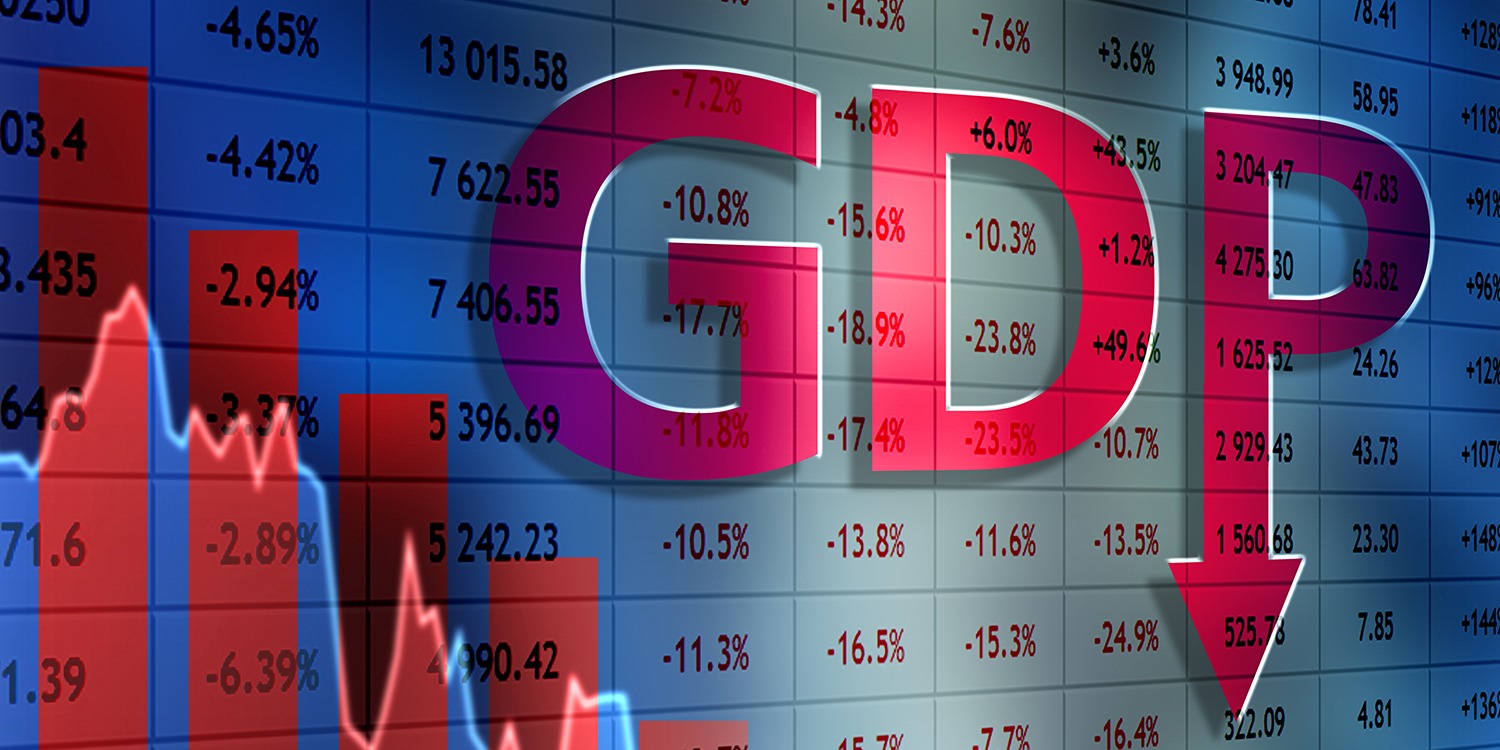More On: economy
A permanent economy based on war
Congress and the Federal Reserve could be putting us on a path to a bad economy
The economy is in a mess. What will we learn from this?
Putting an end to supply chain myths
After blaming Republicans for the bad economy, Biden got a lot of flak
Resources are scarce even when money is not.
“Governments create money all the time. We do that for war.”
“This whole notion that you run government like you run a household…is a complete myth”
— BBC Newsnight (@BBCNewsnight) March 6, 2023
Economist Prof Mariana Mazzucato tells #Newsnight Government’s should address social issues through taxhttps://t.co/P0zxS1DNGF pic.twitter.com/I6NLtXgDqN
This is the case that Professor Mariana Mazzucato made recently on BBC's "Prime Time" for printing more money, and maybe even as much as possible.
Dr. Mazzucato argues against "austerity," which she defines as any natural limits on government spending. She does this in the style of Warren Mosler, who is known as the "godfather" of modern monetary theory. Sovereign states don't need to "earn" tax money like a family does, nor do they need to borrow money to spend. There is a third choice: they can print money whenever they want and make money from seigniorage. Just look at Germany, she says with approval, which just came up with €100 billion for the war in Ukraine through an executive order.
She is right that governments make money by printing money to pay for wars. During the Revolutionary War, America took on a lot of debt, and every war after that was paid for by borrowing or printing money.
But she is completely and embarrassingly wrong about everything else. The fact is that adding more money to the economy does not make new goods or services appear. Money is not the same thing as wealth. Wealth is the ability to make things, to make real goods and services. Germany and the European Central Bank can make enough euro to reach the moon, but that won't get the Ukrainians a single missile or plane.
For real production to happen, real resources and capital must be used. Allocating resources requires choices, whether they are made by the government or in the market. In both cases, not putting those resources and capital to use in other ways is a waste of an opportunity. Politics doesn't get rid of trade-offs by magic. Even when money is plenty, resources are hard to come by.
Here's an example from economist Peter Schmidt: "During World War II, the Germans had an airplane called the ME262 that made every other plane obsolete. Even though the German government had no limits on how much money it could print, it couldn't make the fuel the planes needed. In fact, to save fuel, the Germans used oxen to get their most advanced fighter ready to take off.
One might think that all of modern economics is about proving Say's law wrong. When economics and politics are brought together, it will be like the proverbial "free lunch," where demand creates its own supply. Mazzucato is a good example of someone who thinks this way.
Mazzucato, an economist at University College London, wrote a book called The Entrepreneurial State, which is a contradiction in terms. Not surprisingly, she wants the government to "invest" more in areas where the private sector can't or won't come up with new ideas. She also went to and graduated from the New School for Social Research, a school that really lives up to its history of being radical and progressive. Murray Rothbard's critique of postmillennial pietism was especially harsh on the reformer John Dewey, who was one of the movement's early leaders. Neither Mazzucato's background nor her political views, on their own, prove that she is wrong. But it's important to notice how the Left always puts its radicals in the spotlight and how mainstream news outlets like the BBC have no problem featuring them. Only one way works with this. We can't imagine that the BBC would talk to Per Bylund about getting rid of central banks and replacing them with private money. But Mazzucato's MMT plan for almost unlimited money from the government is at least as radical as the current monetary and fiscal policies.

But making money is not magic. It doesn't make any new money, and in fact, it destroys money by putting resources to use in ways that aren't efficient (nonmarket uses). It helps people who got it early and the political class, but it makes prices go up and messes up the structure of production that makes the West so rich.
All progressives would be happy to keep the United States and the rest of the West in a permanent state of war. Mazzucato and her peers are involved in politics, and politics is just another way to fight war. Inequality, climate change, racism, transphobia, pandemics, and many other issues that should never have been politicized are now like battlefields. Magic economics wants us to believe that national treasuries and central banks can pay for anything, even war.
------






















